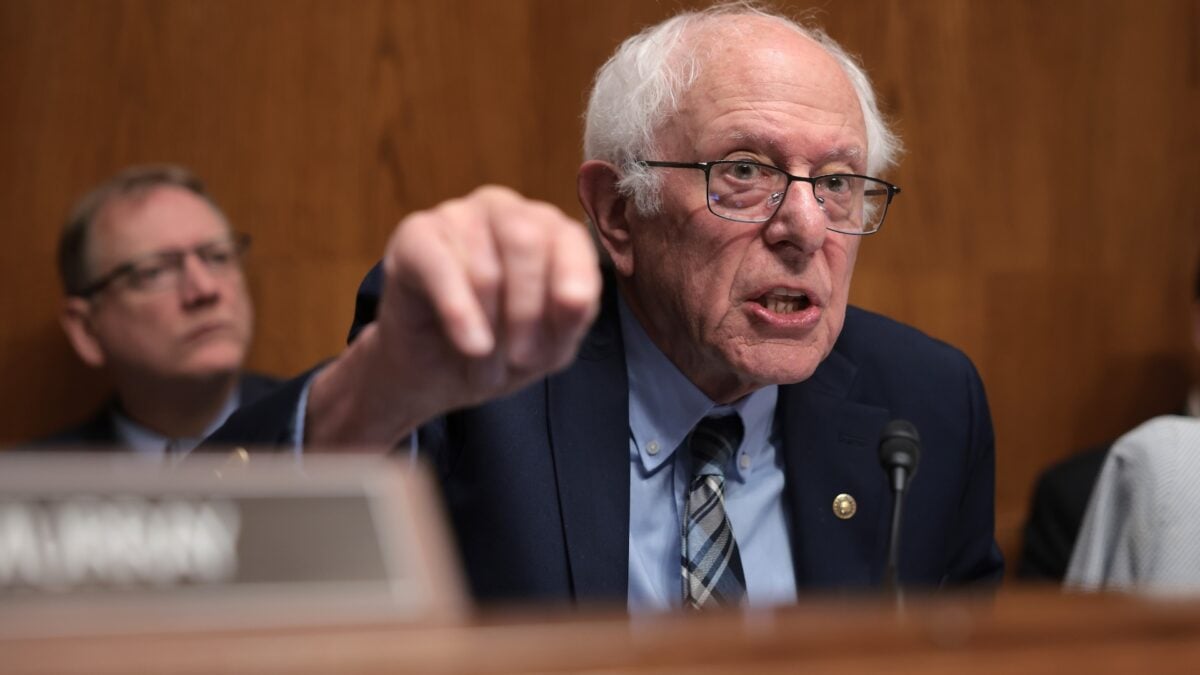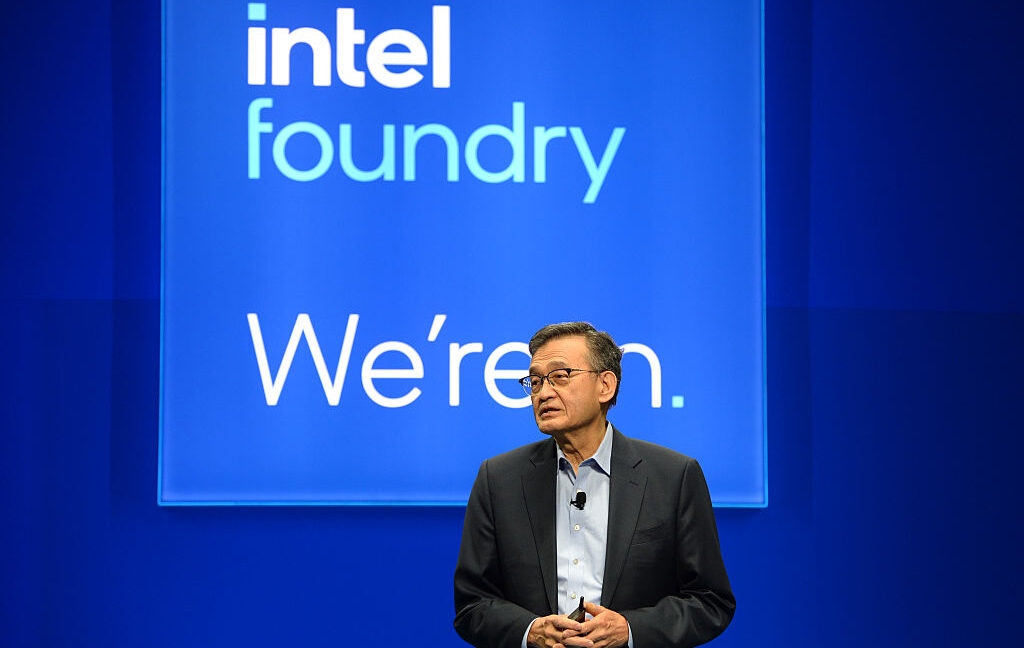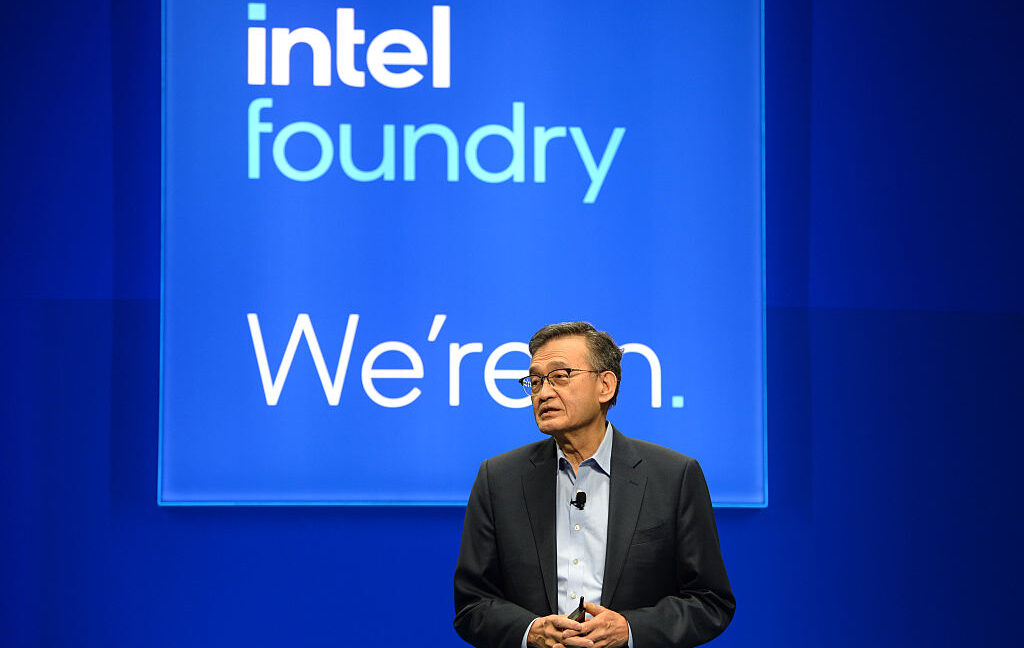Bernie Sanders Backs Government Equity in Tech Industries

In the realm of politics, it's rare to find common ground between Bernie Sanders and Donald Trump. However, a new proposition regarding government involvement in tech companies may have aligned the two unexpectedly.
Sanders, an Independent Senator from Vermont who aligns with the Democrats, recently expressed support for a plan initiated under the Trump administration. This plan suggests that federal grants provided to notable tech firms, such as Intel and TSMC, should be converted into government equity.
"If microchip companies benefit from federal generosity, American taxpayers are entitled to see a respectable return on their investment," Sanders reportedly stated to Reuters.
The U.S. government is vying for a 10% equity share in tech giant Intel, exchanging financial grants under the CHIPS Act, as described by Commerce Secretary Howard Lutnick. Lutnick divulged this strategy during a CNBC discussion, highlighting the contentious point that such grants shouldn't solely benefit already affluent organizations without additional returns.
Under current terms, TSMC has secured $6.6 billion, and Intel, $7.9 billion through these grants. Converting this aid into equity would represent significant government intervention in private enterprise—a scale comparable to the automotive sector bailouts during the last recession.
This potential shift isn't without its controversies. Trump’s demand for replacing Intel's CEO, Lip-Bu Tan, due to speculated security threats linked to China, has added to the climate of uncertainty. However, after a recent meeting, Trump's stance seemed to mellow, signaling possible negotiations.
Wall Street's apprehensions echo across the finance world, worried that the government might not remain a mere passive equity holder in an arrangement with Intel. The broader question looms whether Sanders will continue to support Trump's plans, knowing Trump's history of influencing organizations strongly.
As observed, an equity share within Intel is fraught with complexities and inevitable conditions, indicating that the intersection of government and major tech companies remains a delicate political endeavor.


